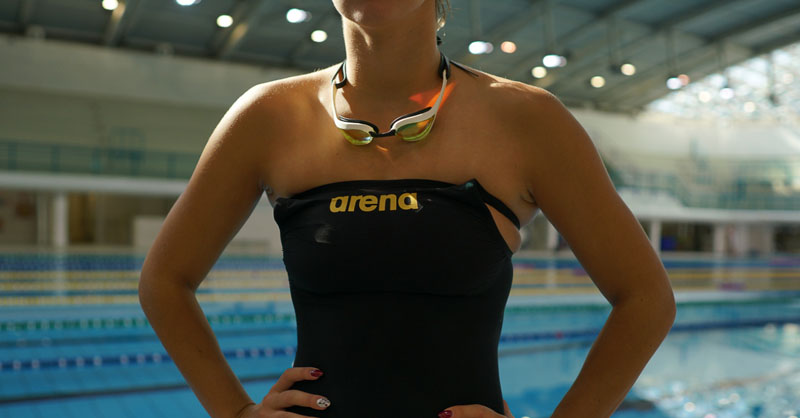Based on a few tests that can be done in and out of the pool, you’ll be able to evaluate how to optimize your workout program in order to obtain the best results.
When looking around the pool or the gym, one sees amateur athletes that follow self-created workouts. Most likely, these people wouldn’t be able to explain why that they chose to work out in a particular way, with that amount of rest and those amounts of sets. This is because many people lack the basic knowledge on how to organize a workout not only in order to make it more efficient, but also to be able to evaluate if you’re obtaining results. For this you need physical test evaluations.
Today we’re suggesting three types of tests: One general test, one to be done in the pool and one to be done at the gym.
General anthropometric test
This first test is simply a test to gain personal data: height, weight, body composition and flexibility. This data is useful in order to understand your physical state and chose a suitable personalized workout. For example, if your body composition reveals that your body fat level is too high you can focus on reducing it. By repeating this test a few months later, you will be able to see very clearly if your type of workout has been effective.
50m test
This test is to be done in water. You need to do a 50m sprint in your preferred style. You will need an assistant that counts the number of strokes you do. The ratio between number of strokes and your speed (that is, the time of your sprint) is very important in order to understand two things:
1. If the time of the sprint is good but the number of strokes high, you can impose your workout in order to make your stroke more efficient;
2. On the other hand, if the number of strokes is low, but the time of the sprint slow, you need to find a workout that improves the speed of your strokes.
Repeating this test after some time will give you the proof needed to see if you’ve reached your goals.
Maximal test
This test should be done at the gym. Maximal meaning the maximum weight that one can lift in 1 single repetition. It’s fundamental to know this data because depending on the type of exercise you do, you should be using weights based on the result of that particular maximal exercise.
For example, to improve your maximal strength, you should be using weights that don’t exceed 80-90% of your maximum capacity.
To find it out, start with a mid-low weight and do a set of 12 repetitions. Take time to recuperate completely (around 2 min.) and then increase the weight and go down to 10 repetitions. Continue until you’ve reached the maximum weight that you can lift only once. It’s wise to have someone give you a hand when doing this.
Repeating the test at the end of a workout allows you to evaluate if what you’ve been doing has given results.
The last thing we would like to mention is how fundamental it is to keep these tests standardized. This means that you need to do the test under the same circumstances. For example, if you do the first test during the weekend in the middle of the day, you should try to do the second test around the same time. In this way, you’ll be able to compare your results in the best way.
